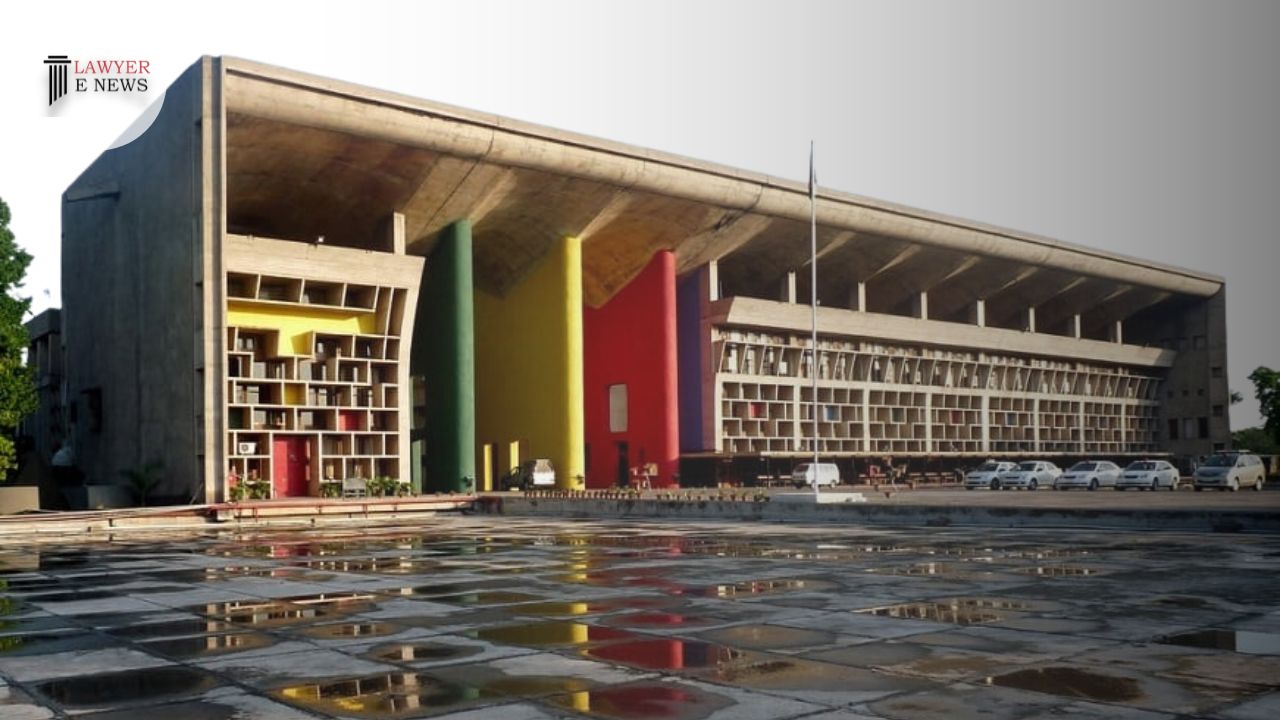-
by Admin
06 December 2025 2:53 AM



In a significant legal precedent, the High Court of Punjab and Haryana, in a judgment delivered by HON'BLE MR. JUSTICE DEEPAK GUPTA on September 25, 2023, has affirmed the authority of the court to quash First Information Reports (FIRs) filed for non-compoundable offenses when a compromise has been reached between the parties. The judgment provides valuable guidance on the exercise of inherent powers under Section 482 of the Code of Criminal Procedure (Cr.P.C).
The judgment, which revolves around an FIR filed under Section 306 of the Indian Penal Code (IPC) for abetment to commit suicide, underscores the principle that the power to quash proceedings can be invoked when allegations in the FIR do not substantiate the offense. Justice Deepak Gupta stated, "The inherent power of the High Court under Section 482 Cr.P.C. is wide and can even be exercised to quash criminal proceedings relating to non-compoundable offenses, particularly those of a civil and personal nature when the compromise has been reached between the parties."
The ruling is grounded in established legal principles, including the requirement for clear mens rea and a positive act of instigation or aid to establish abetment under Section 306 IPC. Justice Gupta noted, "Mere words uttered by the accused to the deceased 'to go and die' were not even prima facie enough to instigate the deceased to commit suicide."
The judgment also emphasizes that quashing proceedings is a remedy to prevent the abuse of the court's process. It underscores that when an FIR does not make out the offense, and a compromise has been reached, it serves the interests of justice to quash the proceedings.
This judgment reaffirms the judiciary's commitment to ensuring that criminal proceedings are not misused as instruments of harassment or persecution. It recognizes that while some offenses are grave and non-compoundable, each case must be evaluated based on its unique facts and circumstances.
The decision is consistent with earlier rulings of the court, including those mentioned in the judgment, and reflects the court's duty to uphold the principles of justice and fairness.
Legal experts and advocates have welcomed the judgment, considering it a significant step in protecting individuals from prolonged legal battles in cases where the allegations do not establish an offense. The judgment also highlights the need for thorough evaluation of FIRs before proceeding with criminal trials, especially in cases involving non-compoundable offenses.
This judgment sets a vital precedent in the legal landscape, emphasizing the importance of a balanced and fair approach in criminal proceedings, particularly when the possibility of compromise exists.
Date of Decision: 25 September 202
Neha Dhiman and others VS State of Haryana and another
